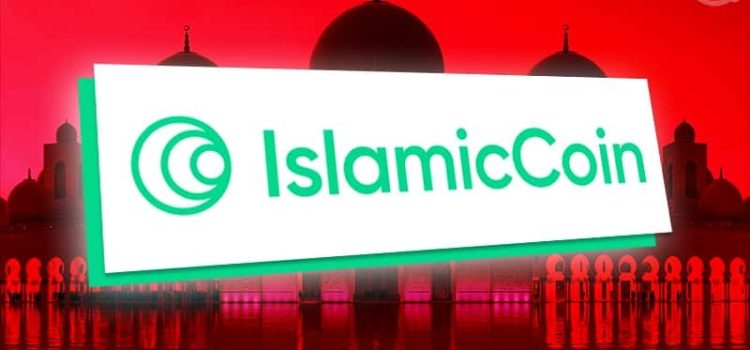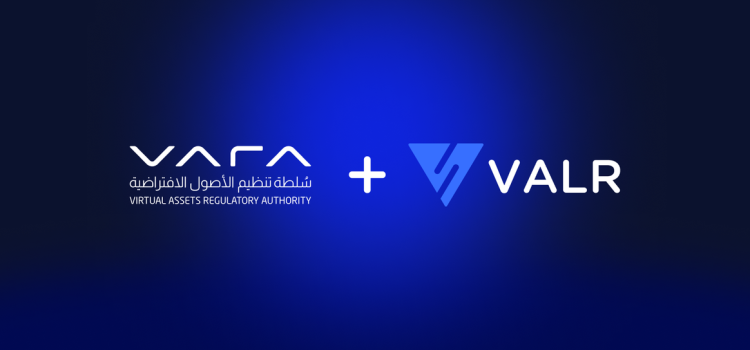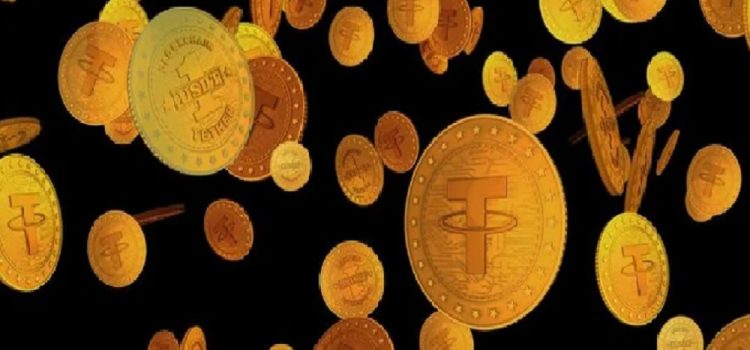
WadzPay has been granted “Initial Approval” by Dubai’s Virtual Assets Regulatory Authority (VARA), marking a pivotal step in Wad pay’s journey towards obtaining a Virtual Asset Service Provider (VASP) License for virtual asset services and activities.
“We are immensely honored to have received initial approval from VARA,” said Mr. Anish Jain, Founder and Group CEO of WadzPay. “This recognition reaffirms our commitment to delivering cutting-edge blockchain-based solutions that not only revolutionize but also adhere to the highest regulatory standards. We are grateful for the opportunity to contribute to the growth of the fintech ecosystem in the UAE.”
This Initial Approval is a key milestone and allows WadzPay to commence preparations for the provision of virtual asset services and activities under the VASP License for Transfer & Settlement and Broker/Dealer activities.
“Receiving VARA’s initial approval is a testament to our unwavering dedication to regulatory and compliance excellence,” said Mr. Khaled Moharem, President – MENA at WadzPay. “We’ve built a robust ecosystem that not only meets but exceeds industry standards, guaranteeing a safe and efficient gateway to virtual assets for users in the UAE. We’re poised to launch with strict adherence to VARA’s requirements, ushering in a new era of secure and seamless access to the world of virtual assets.”
While the initial approval is a pivotal achievement, WadzPay emphasizes that it is still in the process of working towards receiving the final approval from VARA and the VASP license. This progression marks a crucial step towards obtaining the necessary regulatory green light to fully operate within the UAE and bring its innovative products and solutions to life.
Prior to this WadzPay Founder Anish Jain had announced that WadzPay had made strides on the licensing front and are in the “final stages”. In addition he added that WPC token would be listed on a Tier1 regulated exchange in the Middle East.
WadzPay, an interoperable blockchain-based technology provider, had also launched the WadzPay 2.0 which it believes will redefine the landscape of virtual asset-based transactions. WadzPay 2.0 provides a unique new architecture primarily based on the Algorand blockchain with inbuilt support for several others such as Ethereum, Tron, Avalanche and several others to be added. WadzPay 2.0 construct is designed in line with evolving regulations and needs of banks, financial institutions, telcos and central banks.

















